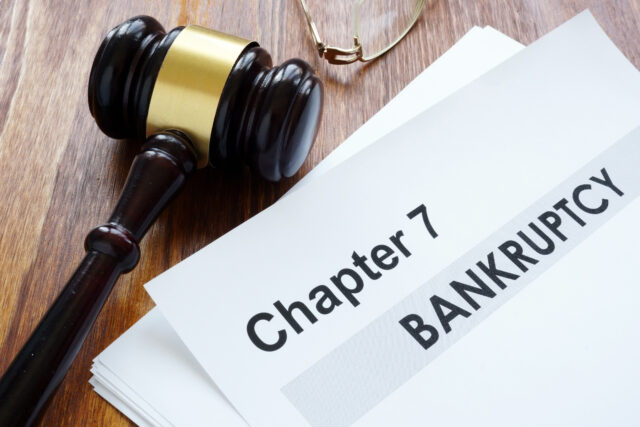Despite the common misconception that bankruptcy is a simple debt-erasing process, it’s complex and requires meeting various deadlines and requirements for relief. Credit counseling courses are a frequently overlooked but critical part of this process. If you are considering filing for bankruptcy in South Dakota, it’s essential to understand the purpose of these courses and how to complete them. Seeking legal guidance from our experienced Rapid City Bankruptcy Lawyers is also vital when pursuing debt relief.
Are Credit Counseling Courses a Requirement for Bankruptcy?
First and foremost, it’s important to understand that if you want to file for bankruptcy in South Dakota, you are unable to do so until you have completed the required credit counseling courses. These courses need to be completed from an accredited nonprofit budget and credit counseling agency within 180 days before filing. This requirement is part of the 2005 Bankruptcy Act.
Credit counseling courses aim to provide those interested in the bankruptcy process to explore alternative options to manage their overwhelming debt. This provides potential bankruptcy filers with the opportunity to manage their finances without having to undergo this complex legal process by exhausting all other debt-relief avenues. You should note that bankruptcy is usually a last resort for many debtors due to the impact it can have on your credit score.
While attendance at this course is mandatory, you are not obligated to adhere to the credit counselor’s advice. However, any alternative plans discussed during the course must be submitted when you file for bankruptcy.
Is This Different From Debtor Education?
Before your bankruptcy course can be officially closed and your eligible debts discharged, you must complete two educational courses. The first, a credit counseling course, which is required before you file to help you explore all available debt-releif options. The second, a debtor education course, which focuses on developing healthy financial habits for your post-bankruptcy success. Essentially, it focuses on financial management skills to help you avoid future financial problems. It’s crucial to complete the debtor education course before your debts can be legally discharged. Failure to do so will prevent the discharge, meaning you will remain responsible for your outstanding debts.
Keep in mind that both educational courses are required for individual filings for Chapter 7 and Chapter 13 bankruptcy. You will receive a certification of completion for each of these courses, which you will need to file with your bankruptcy petition. There are limited exceptions to this requirement, like if you are on active military duty in a combat zone or have a physical or mental impairment that prevents you from completing the credit counseling courses.
Navigating the bankruptcy without legal counsel can be detrimental. Many underestimate its complexity, and proceeding unrepresented can lead to costly errors, delays, and even the dismissal of your case. Therefore, engaging a determined attorney from 605 Bankruptcy is crucial so we can guide you through every step. Connect with our firm today for more information.



